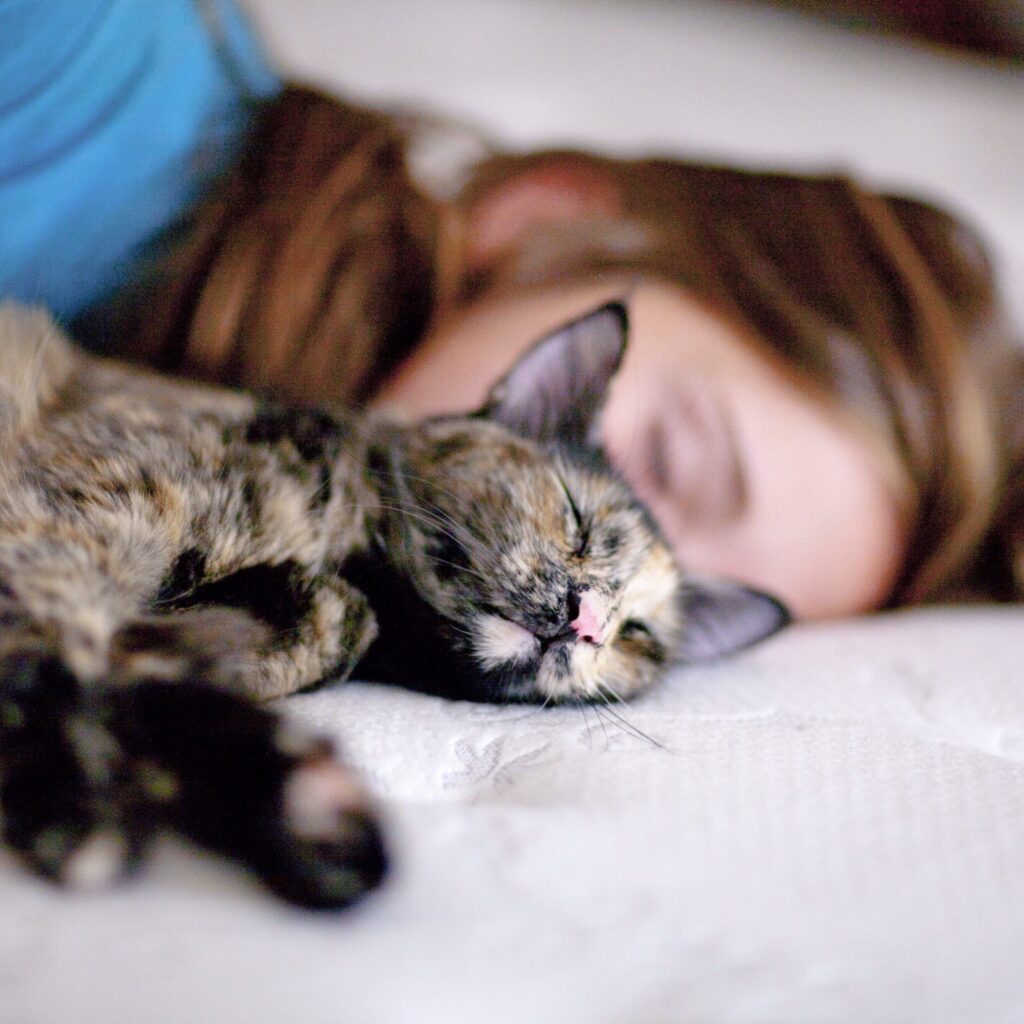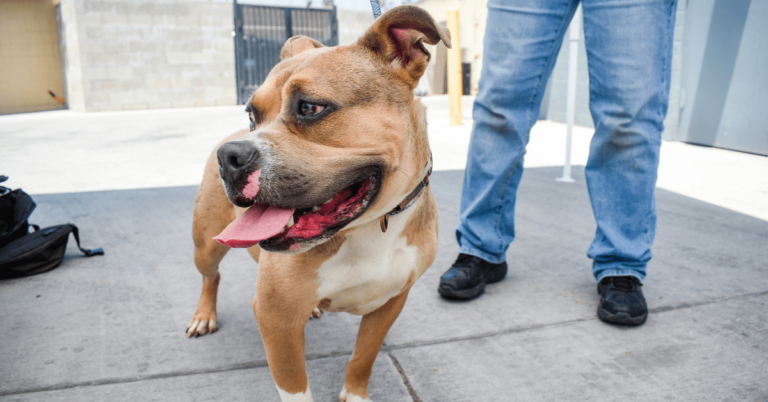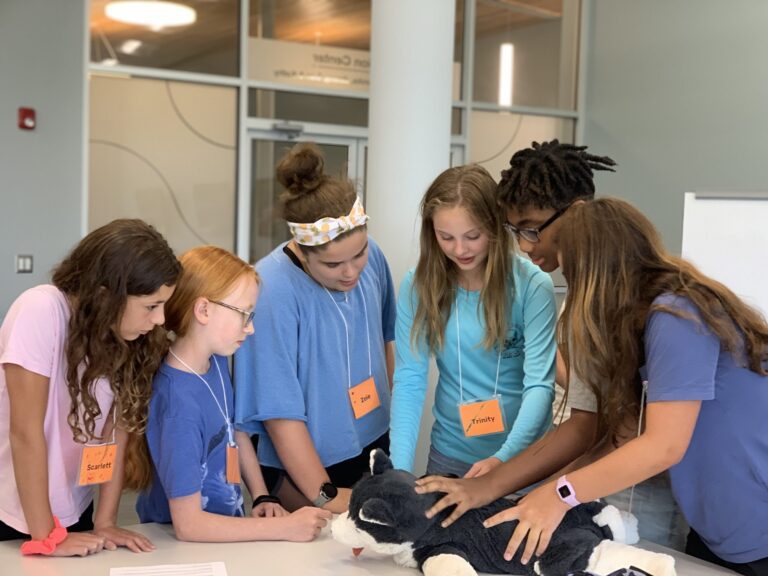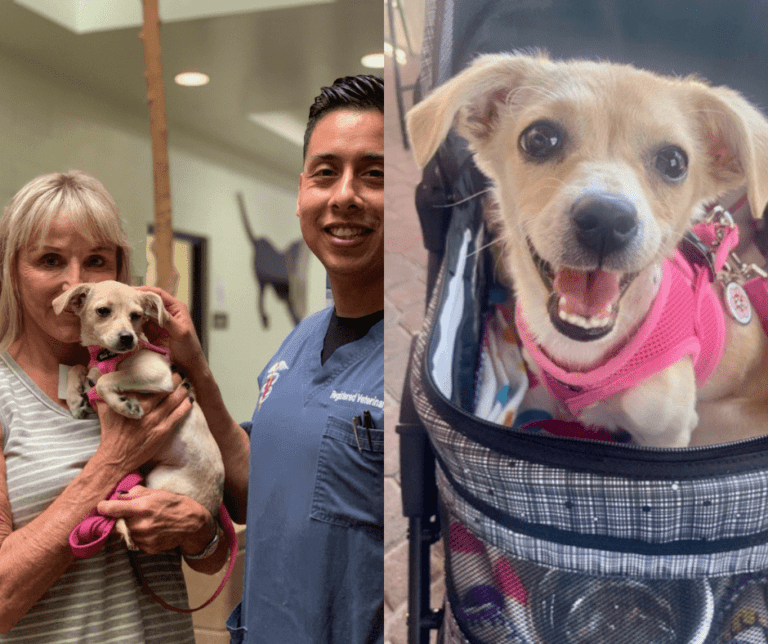Microchip HQ: What to Do After You Adopt

Adopting a new pet is an extremely exciting event. It can also be an anxious time as it takes a little while for new pets to settle in and form a comfortable routine. Inevitably, there is a lot of new information to take in and one thing that needs to be dealt with after adoption is your new pet’s microchip!
99% of the time, animals adopted from shelters or rescues will already be microchipped by the facility. But what about the registration? This part really differs from group to group but we have one course of action you should follow, regardless of where you adopted.
Some rescues will register the microchip (or say they will) on the new owner’s behalf. Others don’t go over much about the microchipping process, and while a tag and certificate may be included in the paperwork, many new owners are not sure what to do with this information.
We get a lot of emails from new owners confused about what their next steps should be. We put together a list that will hopefully cover every situation. The goal is to make sure that your pet’s microchip number is linked with your correct contact information. Without correct contact information in a registry, a microchip is useless.
Let’s get started!
Step 1 – Put all the microchip information you have in one place. If you know that your pet has been microchipped, but you do not know the microchip number, you can have your pet scanned for free at any veterinarian’s office or animal shelter.
Step 2 – Once you have your microchip number, enter it in AAHA’s (American Animal Hospital Association) Pet Microchip Lookup search engine to see where it is registered. Avid does not participate in this lookup tool so if you think your pet’s microchip may be registered in that registry, call them directly or access your account on their websites to make sure all of the information they have is correct.
Step 3 – If your pet’s microchip number does come back as registered via AAHA’s lookup tool, contact the registry it lists directly (AAHA will provide their phone number, but you can also find their website through a quick online search) to make sure they have your correct information.
If you can see that your pet’s microchip is registered, but you can’t access your account because of username or password problems (or if it turns out the microchip is still registered to a previous owner), contact the registry’s customer service and tell them the problem you are having as well your pet’s microchip number. They will be able to help you update the pet, or access your existing account if one has already been created for you.
Step 4 – Cover all your bases. You can register your pet’s microchip in any registry regardless of what brand it is, and the more places you are registered, the more likely shelters are to find your contact information when your pet is lost and found. You may not be able to afford to register everywhere, but supplementing your first registration with a free backup listing is a great way to protect your pet. Here is a breakdown of registry fees and services.
We do recommend you register in at least one registry that participates in the AAHA’s lookup tool so that shelters and vets can find the registration right away. Most registries do participate. If yours is not one of the participating registries, then you will definitely want a backup registration, just in case. The Found Animals Registry is an AAHA participant registry that is 100% free with no fees to update or to transfer information, ever.
In a perfect world, pets would never get lost or stolen. However, the sad fact is that 1 in 3 pets will go missing in their lifetime and a registered microchip can be a last chance for reunion if visible ID tags fail.
Microchips and registries can be confusing and if you feel frustrated trying to sort out a less than simple situation, try and remember that it is worth it!
The Michelson Found Animals Foundation’s mission of saving pets and enriching lives is made possible by the generous contributions of Dr. Gary Michelson and Alya Michelson.


